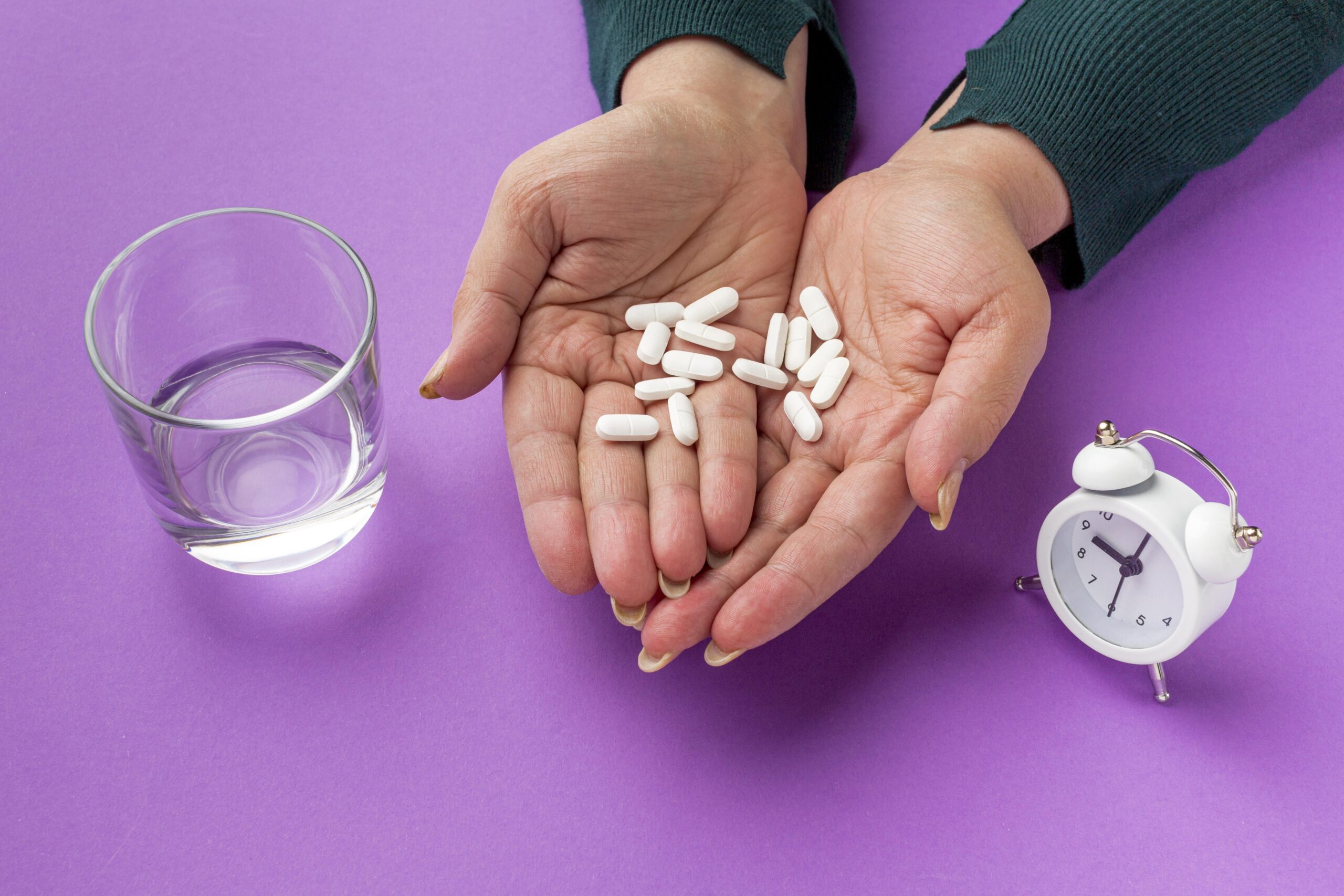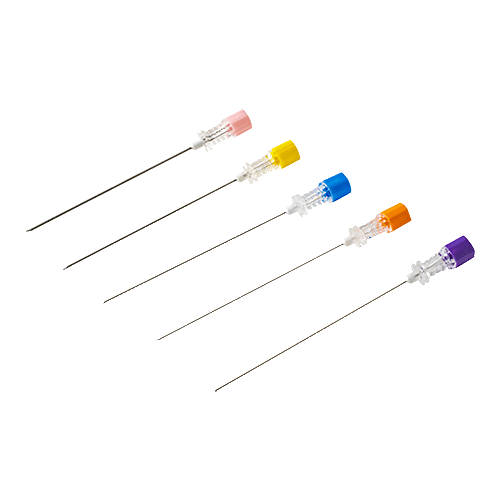Stomach ulcers, painful sores in the stomach lining, can disrupt your daily life. While there’s no single “fastest” cure, a multi-pronged approach can achieve rapid symptom relief and promote healing. If you are looking for some better cure then must try ranitidine 150 mg
Understanding Stomach Ulcers and Their Causes:
The two main culprits behind stomach ulcers are:
- H. pylori (Helicobacter pylori) infection: This bacterium damages the stomach lining, increasing the risk of ulcers.
- Nonsteroidal Anti-Inflammatory Drugs (NSAIDs): Regular use of NSAIDs like ibuprofen or aspirin irritates the stomach lining, potentially leading to ulcers. you should buy ranitidine
Factors Affecting Ulcer Healing Time:
The timeframe for ulcer healing varies depending on the cause, severity, and treatment approach. It typically takes 4-8 weeks for ulcers to heal completely. Factors influencing healing time include:
- Cause of the Ulcer: Ulcers caused by H. pylori infection generally heal faster with proper antibiotic treatment.
- Severity of the Ulcer: Larger or deeper ulcers might take longer to heal than smaller ones.
- Treatment Adherence: Following your doctor’s treatment plan diligently is crucial for optimal healing.
- Lifestyle Habits: Smoking, excessive alcohol consumption, and stress can slow down healing.
Effective Strategies for Ulcer Management:
While there’s no magic bullet, here are key strategies to promote ulcer healing and relieve discomfort:
- Treating H. pylori Infection: If present, eradicating H. pylori with a combination of antibiotics is the first line of defense.
- Proton Pump Inhibitors (PPIs): These medications significantly reduce stomach acid production, allowing the ulcer to heal. Examples include omeprazole (Prilosec), lansoprazole (Prevacid), and esomeprazole (Nexium).
- H2 Blockers: These medications also reduce stomach acid production, but to a lesser extent than PPIs. They can be helpful for milder ulcers or as maintenance therapy. Examples include cimetidine (Tagamet) and ranitidine (Zantac).
- Cytoprotective Agents: These medications, like sucralfate (Carafate), form a protective coating over the ulcer, promoting healing.
Lifestyle Modifications for Faster Healing:
- Dietary Adjustments: Avoiding spicy, acidic, and greasy foods can minimize stomach irritation. Eating smaller, more frequent meals can also be beneficial.
- Smoking Cessation: Smoking significantly hinders ulcer healing and increases the risk of complications. Quitting smoking is crucial for optimal recovery.
- Alcohol Restriction: Excessive alcohol consumption irritates the stomach lining and slows down healing. Moderation or abstinence is recommended.
- Stress Management: Chronic stress can exacerbate ulcer symptoms. Relaxation techniques like deep breathing or meditation can be beneficial.
Importance of Consulting a Doctor:
Self-treating stomach ulcers is not recommended. Consult a doctor for proper diagnosis, treatment plan development, and monitoring of progress.
When “Fastest” Might Not Be Best:
While a rapid healing timeline might be desirable, prioritizing long-term health is crucial. Following a doctor’s guidance might involve a slightly slower but more sustainable healing process, reducing the risk of recurrence.
Long-Term Management:
Once your ulcer heals, certain lifestyle changes can help prevent recurrence:
- Maintaining a Healthy Diet: Continue mindful eating habits to avoid irritating your stomach.
- Limiting NSAID Use: Discuss alternative pain management options with your doctor if you rely on NSAIDs frequently.
- Managing Stress: Stress reduction techniques can help prevent future flare-ups.
Here are some additional points to consider when navigating stomach ulcer treatment and promoting healing:
- Importance of Early Diagnosis: Early diagnosis and treatment of stomach ulcers can prevent complications like bleeding or perforation (a hole in the stomach lining).
- Red Flag Symptoms: If you experience severe abdominal pain, bloody vomit, or black stools, seek immediate medical attention. These could be signs of a serious complication.
- Following Up with Your Doctor: Regular check-ups with your doctor are crucial to monitor healing progress and adjust treatment as needed.
- Probiotics: Some studies suggest probiotics might be beneficial for H. pylori eradication and ulcer healing. Discuss this option with your doctor.
- Natural Remedies: While not a substitute for medical treatment, certain natural remedies like licorice root or slippery elm might offer some relief for mild ulcer symptoms. However, consult your doctor before using any herbal remedies as they can interact with medications.
- The Mind-Body Connection: Stress can worsen ulcer symptoms. Relaxation techniques and managing stress effectively can contribute to faster healing.
- Support Groups: Connecting with online or in-person support groups for people with stomach ulcers can provide valuable information, shared experiences, and emotional support.
Remember:
- Don’t Ignore Symptoms: Early diagnosis and treatment are key to preventing complications.
- Open Communication with Your Doctor: Discuss your concerns, symptoms, and lifestyle habits openly with your doctor to create a personalized treatment plan.
- Patience is Key: Healing takes time. Be patient, follow your doctor’s instructions, and focus on long-term management strategies to prevent recurrence.
By following these points and working closely with your doctor, you can effectively manage your stomach ulcer and achieve a healthy, pain-free future.
Advanced Considerations for Stomach Ulcer Management:
Here are some additional points to delve deeper into stomach ulcer management:
-
Treatment Variations: While PPIs and H2 blockers are common medications, your doctor might consider alternative treatments depending on your specific situation. These could include:
- Sucralfate (Carafate) for protection: In some cases, sucralfate might be used alongside PPIs to provide additional protection for the ulcer while it heals.
- Bismith Subsalicylate (Pepto-Bismol): This medication can offer some relief for mild ulcer symptoms, but it’s not typically used for long-term treatment.
-
Underlying Medical Conditions: Certain medical conditions can increase the risk of stomach ulcers or complicate treatment. Your doctor might need to address these conditions alongside the ulcer itself. Examples include:
- Zollinger-Ellison syndrome (ZES): This rare condition causes the stomach to produce excessive acid, requiring a more specialized treatment approach.
- Crohn’s disease: This inflammatory bowel disease can affect the stomach lining and contribute to ulcer formation.
-
Diagnostic Tests: Beyond the H. pylori test, other diagnostic tests might be necessary depending on your symptoms and medical history. These could include:
- Endoscopy: This procedure allows the doctor to visualize the inside of your stomach and duodenum (first part of the small intestine) to identify the ulcer and potentially take a tissue sample for biopsy.
- Upper GI Series: This series of X-rays can sometimes reveal the presence of an ulcer.
-
The Role of Surgery: Surgery is rarely necessary for treating stomach ulcers. However, it might be considered in cases of severe complications like bleeding, perforation, or ulcers that don’t respond to medication.
-
Preventing Recurrence: Following a healthy lifestyle and maintaining a treatment plan (if necessary) are crucial for preventing future ulcers. This might involve:
- Maintaining a balanced diet: Continue to avoid foods that irritate your stomach.
- Stress management techniques: Regularly practicing relaxation techniques can help prevent stress-induced flare-ups.
- Following medication instructions: If your doctor prescribes medication to prevent recurrence, take it exactly as directed.
-
Long-Term Monitoring: Even after your ulcer heals, your doctor might recommend periodic monitoring, especially if you have a high risk of recurrence. This might involve repeating the H. pylori test or scheduling regular check-ups.
Remember:
- Individualized Treatment: There’s no one-size-fits-all approach. Your doctor will create a personalized treatment plan based on your specific needs and underlying causes.
- Importance of Adherence: Following your doctor’s instructions diligently, whether it’s medication or lifestyle changes, is crucial for successful treatment and preventing future ulcers.
- Open Communication: Discussing any concerns, questions, or lifestyle changes openly with your doctor is key to managing your ulcer effectively.
With a comprehensive understanding of stomach ulcers, treatment options, and preventative measures, you can work collaboratively with your doctor to achieve a healthy and ulcer-free future.
Conclusion:
There’s no single “fastest” cure for stomach ulcers. However, a combination of effective medications, lifestyle modifications, and addressing the underlying cause (H. pylori or NSAID use) can promote rapid healing and significantly improve your quality of life. Consulting a doctor and following their personalized treatment plan are crucial for optimal recovery and preventing future ulcers. Remember, prioritize long-term health and work with your doctor to achieve lasting relief and a healthy stomach.




